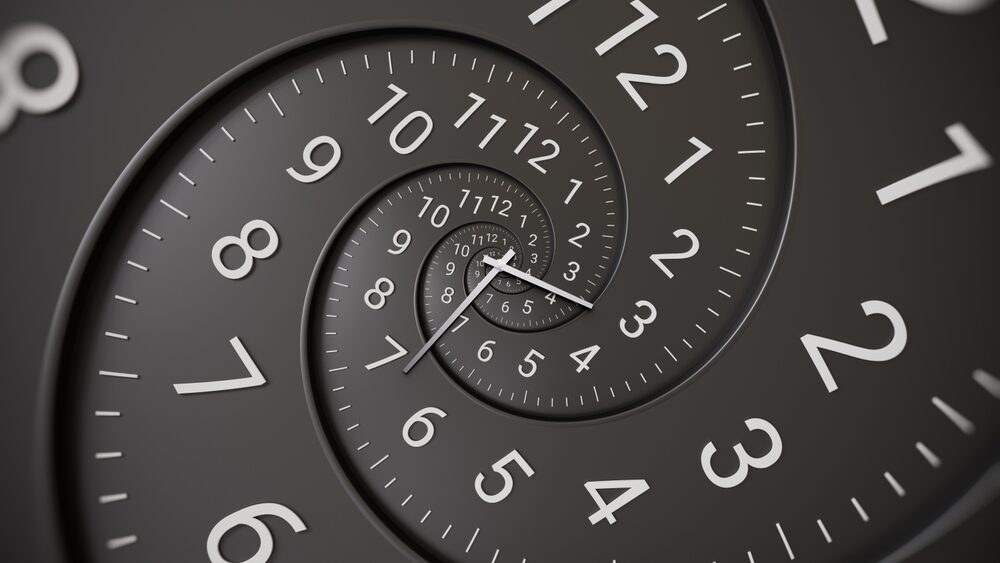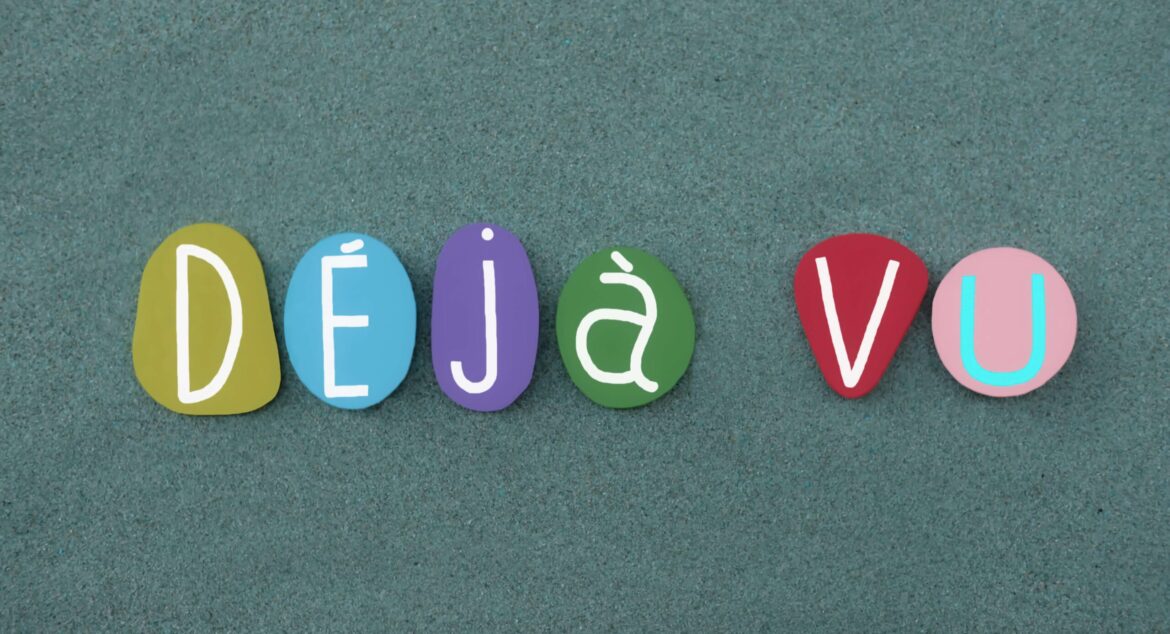Ever walked into a room or started talking to someone and suddenly felt like you’ve already lived that exact moment before? That sudden, fleeting feeling is known as déjà vu, a French term that translates to “already seen.” It’s a common yet mysterious phenomenon that has puzzled scientists, psychologists, and philosophers for decades. But what exactly causes déjà vu? Is it just a cognitive hiccup, or could it be evidence of something more extraordinary, like time travel or alternate dimensions?
In this blog post, we’ll dive into the science of déjà vu, explore its psychological and neurological roots, debunk common myths, and examine the fascinating theories surrounding it. Whether you’re a curious reader, a psychology enthusiast, or a sci-fi fan, this deep dive into déjà vu will open your mind to new possibilities.
What is Déjà Vu?
Déjà vu is the unsettling sensation that a current experience feels uncannily familiar, despite knowing rationally that it shouldn’t. Studies show that around 60-80% of people have experienced déjà vu at least once in their lives, often occurring more frequently in young adults and those who travel frequently or are under stress.
The phenomenon typically lasts only a few seconds, but the feeling it leaves behind can be profound. People often describe it as a brief glimpse into a parallel universe or a “memory from a past life.”

The Neuroscience Behind Déjà Vu
From a scientific standpoint, déjà vu is most likely linked to memory processing. One leading theory is that it results from a temporal mismatch in the brain. The brain mistakenly interprets a new experience as a memory, creating a false sense of familiarity.
Research using functional MRI scans has shown that déjà vu activates areas of the brain associated with memory, particularly the hippocampus and temporal lobes. These areas are critical for encoding and retrieving memories. When the brain briefly “glitches,” it may send signals that mimic memory recall, leading to the sensation of having experienced the moment before.
Psychological Theories
- There are a few psychological theories that try to explain déjà vu. One of them, called the Dual Processing Theory, says our brain handles information using two different paths at the same time. If one path is delayed or disrupted, the brain misinterprets the new experience as familiar.
- Memory Recall Theory: Proposes that déjà vu occurs when a current situation resembles a forgotten memory. For example, a scent, sound, or layout of a room might trigger a sense of familiarity.
- Hologram Theory: States that memories are stored as holograms in the brain, and even a tiny fragment can evoke a full memory, creating the illusion of familiarity.
These theories highlight the complex interplay between perception, memory, and consciousness.
Could Déjà Vu Be Evidence of Time Travel or Parallel Universes?
While science leans toward cognitive explanations, some fringe theories propose that déjà vu might be a glimpse into alternate dimensions or even evidence of time travel.
- Multiverse Theory: Some scientists speculate that multiple versions of reality exist simultaneously. Déjà vu might occur when your consciousness temporarily overlaps with a version of you in another universe.
- Time Loop Hypothesis: Suggests that time is cyclical rather than linear. Déjà vu could be a brief awareness of a repeating timeline.
- Quantum Entanglement: Though still speculative, some physicists believe that entangled particles could theoretically transmit information across time or space, offering a possible (though highly theoretical) explanation for déjà vu.
While these ideas are more speculative than scientific, they do fuel the imagination and invite us to explore the boundaries of what we understand about reality.

Common Triggers of Déjà Vu
Understanding what might trigger déjà vu can provide more clarity:
- Fatigue or Stress: Mental exhaustion can disrupt normal brain functioning.
- Dreams: Sometimes, a current moment mirrors a dream, triggering a false sense of memory.
- Familiar Environments: A place you’ve never been to but resembles somewhere you’ve seen before (like in a movie or dream).
- Neurological Conditions: People with temporal lobe epilepsy often experience intense déjà vu before a seizure.
Final Thoughts
Déjà vu remains one of the most fascinating puzzles of the human mind. While science continues to uncover the neurological and psychological mechanisms behind it, the allure of more mysterious explanations persists. Whether it’s a brain glitch, a memory mix-up, or a peek into a parallel universe, déjà vu invites us to question the nature of time, memory, and existence itself.
So the next time you experience déjà vu, pause for a moment. Is it just a trick of the brain, or have you really been here before?


